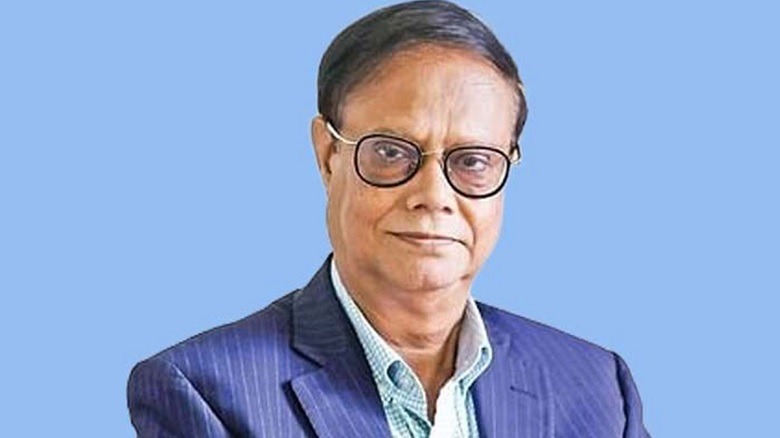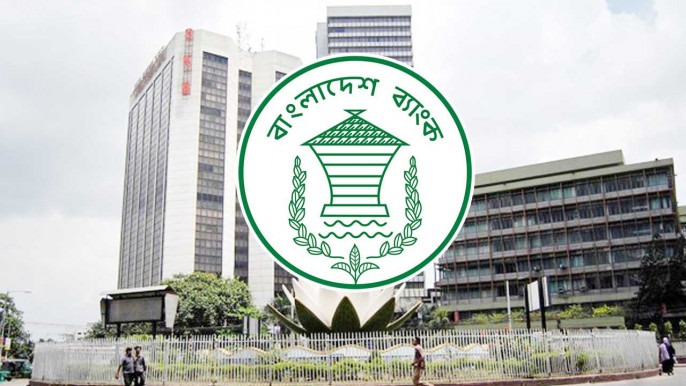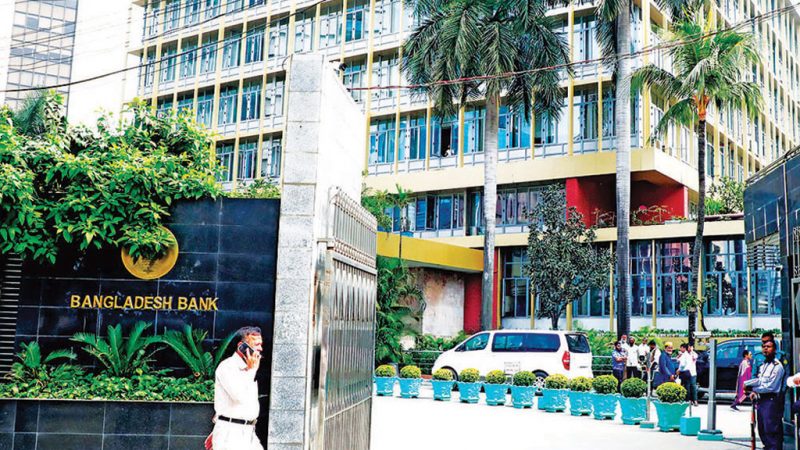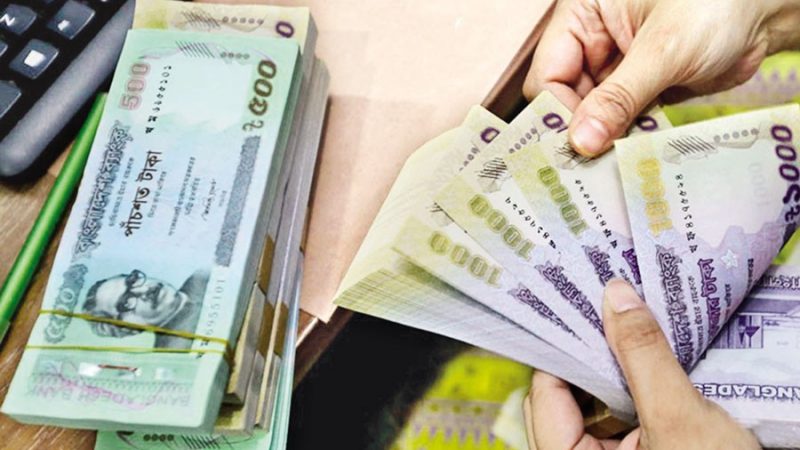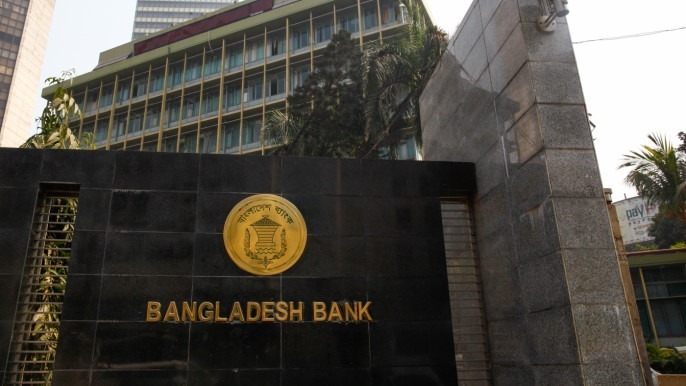How is the banking sector faring?
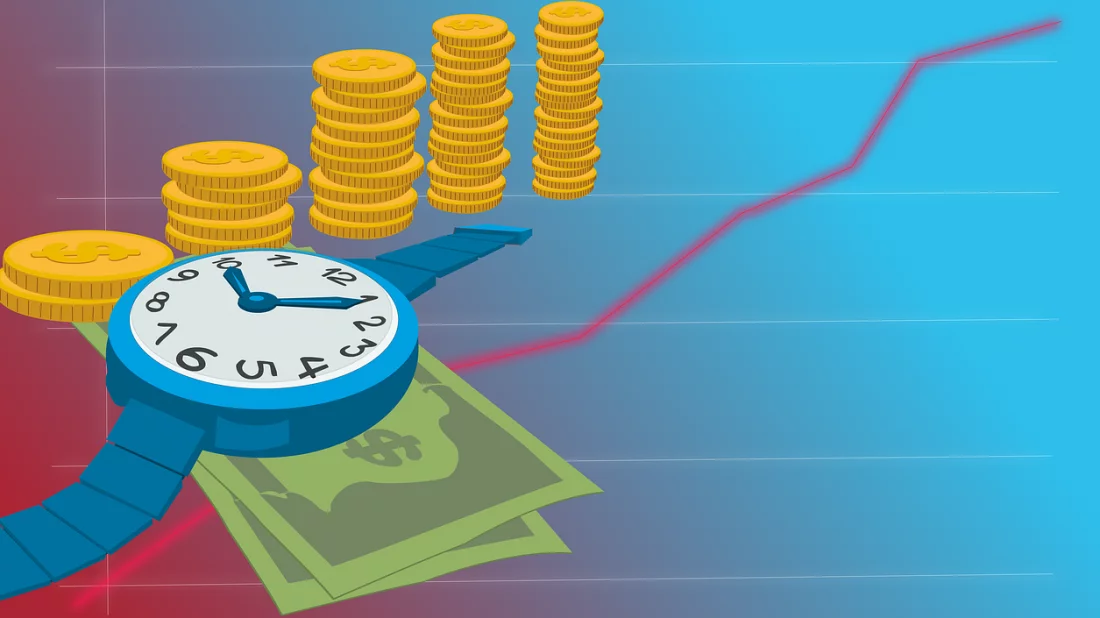
Despite increased interest rates, banks are still struggling to attract deposits
Two months after the appointment of a new governor, public trust in banks has yet to be restored, with many customers unable to withdraw funds as needed, leading to widespread frustration and resentment.
Former governors Dr Atiur Rahman, Fazle Kabir and Abdur Rouf Talukder, who apparently aided in the embezzlement, are nowhere to be found.
Banks and their customers arecnow suffering the consequences.
Meanwhile, entrepreneurs are struggling to secure loans due to a severe liquidity crisis, stifling business activities. The liquidity crunch has already reduced the amount of credit opened for importing capital machinery, and some private companies are now unable to pay their employees.
Amid this, the central bank has raised the policy interest rate again, leading to even higher loan interest rates, which has alarmed business leaders.
Businesses are concerned by the central bank’s latest move, arguing that higher loan interest rates will put pressure on their operations. They also fear that they may have to abandon plans for new investments.
Bangladesh Bank raised its policy interest rate by 50 basis points to 10%. This marks the fifth rate hike this year and the third under Governor Ahsan H Mansur’s leadership.
This rate, also known as the repo rate, is the rate at which commercial banks borrow from the central bank.
Notably, for the first time, the policy interest rate has surpassed the inflation rate.
Interest on deposits has risen, yet banks are still struggling to attract deposits. As a result, several banks are unable to provide customers with funds, especially weaker and Shariah-based banks.
For the past two months, customers have faced issues withdrawing cash from ATMs and bank branches, leading to anxiety over their savings. There have been incidents of customers blocking roads in protest. Many have been unable to withdraw funds for over two months, causing some to lose confidence in keeping money in banks, especially due to political instability.
This, coupled with the fragile state of some banks, has eroded public trust in the banking sector, resulting in an increase in cash being held outside the banking system.
Economists say while the interim government has initiated reforms in the banking sector, efforts must also focus on restoring public confidence in banks.
According to Bangladesh Bank, cash held outside banks increased by Tk2,000 crore in July compared to June, reaching Tk2,91,000 crore.
This trend has continued for nine consecutive months.
In the first two months of the fiscal year 2024-25, deposits decreased by nearly Tk11,000 crore.
Bankers say despite offering higher deposit interest rates, banks are struggling to attract depositors.
Syed Mahbubur Rahman, managing director of Mutual Trust Bank, told this correspondent that restoring public trust in banks was crucial, warning that a loss of confidence could lead to a banking crisis.
He said keeping cash outside banks would further exacerbate liquidity shortages, potentially leading to even higher interest rates.
In November last year, cash held outside banks stood at Tk2,48,000 crore. Since then till August this year, the amount increased by 17%, or Tk44,000 crore.
Following the ouster of the Sheikh Hasina regime on August 5, politicians, businesspeople and officials began withdrawing significant amounts of cash from banks, worsening the liquidity crisis.
In response, Bangladesh Bank imposed withdrawal limits, which gradually increased from Tk1 lakh to Tk5 lakh per week over the course of a month.
However, even after the limit was lifted on September 8, Shariah-based banks are still unable to meet customer demands.
Since Dr Ahsan H Mansur took office as governor of Bangladesh Bank on August 13, 11 bank boards, including eight controlled by S Alam Group, have been dissolved.
However, this has done little to alleviate the liquidity crisis.
Although forex market instability has slightly decreased, several banks continue to suffer from cash shortages.
To address these issues, Bangladesh Bank has formed a task force with six financial experts to oversee reforms in the banking sector.
During a recent event, Mansur urged customers to remain patient and only withdraw essential amounts of money.
He is currently in Washington, DC, to attend the annual meetings of the International Monetary Fund (IMF) and the World Bank.
Severe liquidity crisis and customer frustration
On Tuesday, frustrated customers locked the doors of Social Islami Bank’s Chandpur branch in protest over their inability to withdraw funds.
The bank has 22,000 customers in the district, yet it reportedly cannot fulfil the withdrawal requests of even 100 customers.
The day before, on Monday, National Bank customers blocked a highway in Munshiganj’s Gazaria upazila, protesting the bank’s inability to provide cash for the past three months.
At National Bank’s Chauddagram branch in Comilla, cheques have reportedly been returned due to a cash shortage. On the morning of October 10, customers were unable to withdraw even Tk10,000 with a cheque, leaving many frustrated and walking away in anger.
A customer named Shahida tore up two cheques in frustration – one for Tk40,000 and another for Tk10,000 – after being denied funds.
Several customers said they had been unable to withdraw money from the bank for two weeks.
Each time they visit the bank, they are told to return the following week, with promises that the issue will be resolved.
Meanwhile, expatriates are also facing trouble with remittances. Some said they were unable to withdraw remittance funds from Social Islami Bank and were being forced to send money through illegal channels.
On Sunday, several First Security Islami Bank customers were unable to withdraw money, despite presenting cheques for Tk3 lakh at the Rampura branch. The cash counter informed them that even Tk1 lakh in cash was not available.
Throughout the past week, customers of First Security Islami Bank and other Shariah-based banks expressed dissatisfaction as they could not withdraw the desired amounts with their cheques.
A customer of Islami Bank in Chandpur Sadar upazila reported the same issue, saying he could not withdraw the necessary funds, causing delays in his urgent matters.
In the Dilkusha area of the capital, the ATMs of Islami Bank, Social Islami Bank, First Security Islami Bank, Bangladesh Commerce Bank and Al-Arafah Bank were all out of cash.
This trend was observed in other areas of the capital as well.
Booth staff said most ATMs had stopped dispensing cash since S Alam lost control over these banks.
It was found that the banks previously controlled by banking mogul S Alam Group were experiencing severe liquidity crises.
Bangladesh Bank Executive Director Husne Ara Shikha said the central bank was making every effort to restore customer confidence. However, the spokesperson
warned that if people continued to withdraw funds en masse, no amount of cash infusion would be sufficient to meet the demand.
Recently, Bangladesh Bank has taken steps to provide liquidity support to several struggling banks, including loans to cover liquidity shortfalls caused by fraud and irregularities. So far six banks have received nearly Tk5,000 crore BDT in liquidity guarantees over the past month. Among them, Islami Bank Bangladesh Ltd received Tk1,495 crore, Social Islami Bank received Tk1,000 crore, Global Islami Bank Tk295 crore, First Security Islami Bank Tk775 crore, Union Bank TK150 crore and National Bank Tk820 crore.
In addition, Sonali Bank, Dutch-Bangla Bank, Eastern Bank, City Bank and Mutual Trust Bank have also extended liquidity support to these banks.
On Tuesday, four banks received Tk875 crore in liquidity support, with Islami Bank receiving Tk695 crore, Social Islami Bank Tk100 crore, Global Islami Bank Tk50 crore and First Security Islami Bank Tk25 crore.
Source: Dhaka Tribune | 24 Oct 2024


